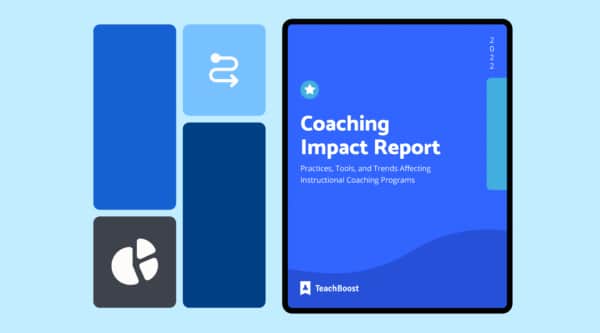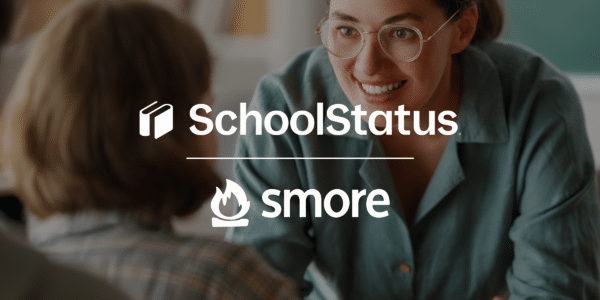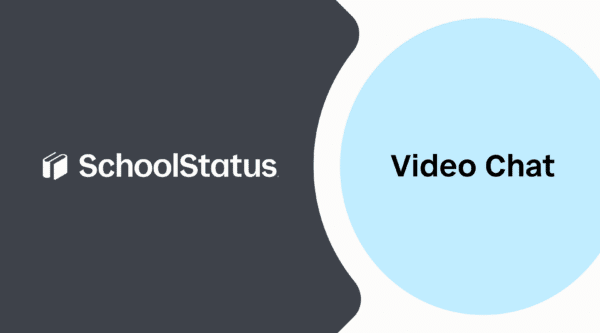


This week we learned how to create engaging coaching newsletters, why one IC uses “digital menus” to support his work across buildings, a few ways coaches can stay focused and in their coaching cycles with the “TO GROWTH” model, and more. Enjoy!
Have you joined over 2,500 of your coaching peers who receive fresh coaching content every Wednesday via our Weekly Coaching Roundup? Sign up below!
{{cta(‘1623fdae-2dee-4cee-a003-34270e4a47e4′,’justifycenter’)}}
How to Create Engaging Coaching Newsletters
Traci Piltz walks through her steps for crafting beautiful weekly newsletters for her teachers as a way to better communicate with them across buildings.
“While ideally I would visit each building on a regular basis and provide support and ideas to teachers face to face, logistically, I knew this wasn’t a reality. It became clear that I needed a way to communicate quickly and easily with many teachers at once. . . . Rather than putting all of the content and text directly into the email, I worked to produce a visually engaging product that would catch the eye and allow teachers to grab bite-sized pieces of information.”
The Digital Coaching Menu
Kenny McKee shares four reasons why he uses coaching menus to expand his impact while working across multiple buildings.
”
The coaching menu can explain the scope of your role as a coach in a friendly way, and help structure conversations that focus on the content that matters most. . . . I also offer a wide range of ways that I can provide support: co-planning lessons, reviewing data for decision-making, modeling a strategy, observing and providing feedback, and more. This can help teachers think creatively about the coaching support that would be most effective for them.”
Coaching with Structure
Jonathan Mueller explores his “TO GROWTH” coaching model and explains how ICs can use it to stay focused and guide their coaching cycles.
“My coaching core belief is
growth over goals. While goals have their place and importance within the coaching process, focusing on growth (continual learning and improvement) helps create the attitude that tomorrow will be better than today. . . .
Our goal is to increase awareness and then facilitate action, learning, and reflection. The coachee controls the agenda, but the coach controls the process.”
Ideas and Insights on Instructional Coaching
Andrew Roush rounds up a huge list of resources and content on all aspects of instructional coaching.
“Instructional coaches and those in similar roles are concerned with supporting learning in many ways, from understanding social-emotional needs to navigating rules, standards, schedules, and guidelines. . . . Choice boards are a popular way to engage students by giving them a choice and a voice in their learning, making them active participants and creators.
When it comes to providing educators with the right choice boards options, it’s all about finding the right tool for the job.”
Bonus: What Are Some Essential Elements of Partnership Coaching?
Kathy Perret asked her coaching peers on Twitter what they believe are the foundational elements of partnership coaching. Check it out to learn some great answers and insights.
{{cta(’34b13594-505a-497a-8a75-16ae35acf14d’)}}
Have some interesting instructional leadership news?
Share it with TeachBoost and we’ll highlight it here!
Stay Connected
News, articles, and tips for meeting your district's goals - delivered to your inbox.








